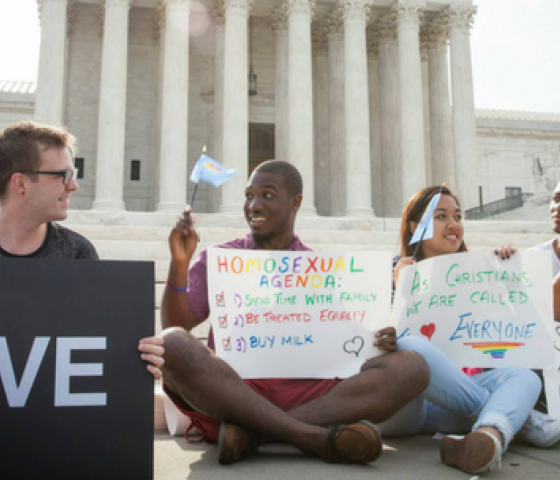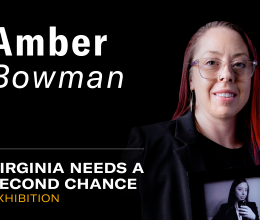The organizations listed below support an increase in Virginia’s long-outdated felony larceny threshold but oppose the so-called bipartisan compromise announced last week that traded an increase in the threshold for passage of legislation enhancing the enforcement of restitution orders entered in criminal cases.
- American Civil Liberties Union of Virginia
- Justice Forward
- Legal Aid Justice Center
- Loudoun County Branch of the NAACP
- NAKASEC (National Korean American Service & Education Consortium)
- Virginia Coalition of Latino Organizations
- Virginia Interfaith Center for Public Policy
- Virginia Organizing
At just $200, the current threshold amount of theft that allows charging someone with a felony in Virginia – invoking possible prison time and a loss of voting rights for life – is the lowest in the country and hasn’t been increased since 1980. Over the ensuing 38 years, inflation on an item worth $200 would have increased its value to nearly $600 today. ($200 in 1980 has the same "purchasing power" as $594.14 in 2017.) In that sense, an increase in the felony larceny threshold to $500, which appears to be a move in the right direction, doesn’t even keep pace with inflation. If you reverse the inflation calculation, an increase in the threshold to $500 will mean that you will be able to be convicted of a felony today for stealing the equivalent of just $168.31 in 1980 dollars. So, arguably, we are going backwards, not forwards.
Still, an increase to $500 might have been acceptable were it not for additional provisions of the “deal” struck to obtain bipartisan support for the increase. We are concerned with the proposed changes to how payments of restitution will be enforced in Virginia that were part of the announced “compromise.” If these changes are adopted, indigent defendants without the ability to pay restitution could be kept on probation indefinitely. It would also turn probation officers and judges into debt collectors. Even if someone is released from probation, they would still face 10 years of court hearings where a judge would have the discretion to put them back on probation or put them in jail for failing to pay restitution at any time. This unjust scheme amounts to a form of debtor’s prison.
This is not just a matter of fairness and keeping up with a changing economy. It is a racial justice issue, a women’s rights issue and an economic justice issue. The “compromise” as agreed to would continue to affect women and people of color disparately, as well as keep many poor people under indefinite looming threat of additional consequences under the criminal justice system.
For these reasons, we oppose the announced compromise on the grand larceny threshold and accompanying legislation regarding restitution.








